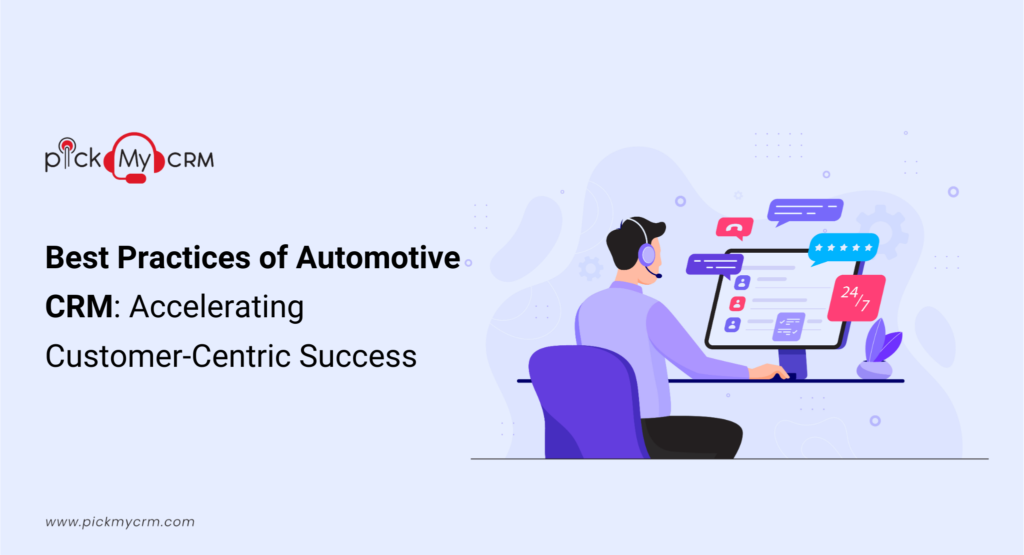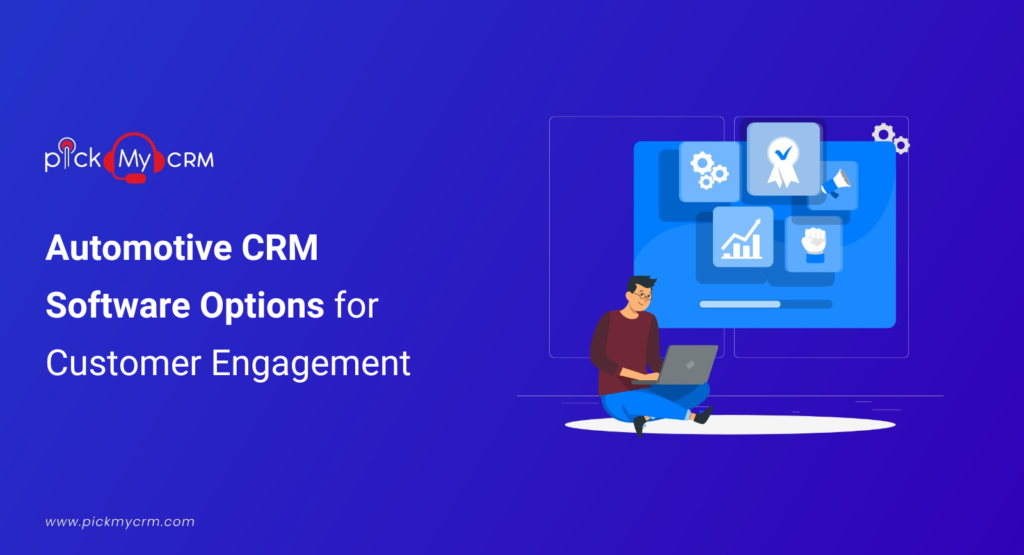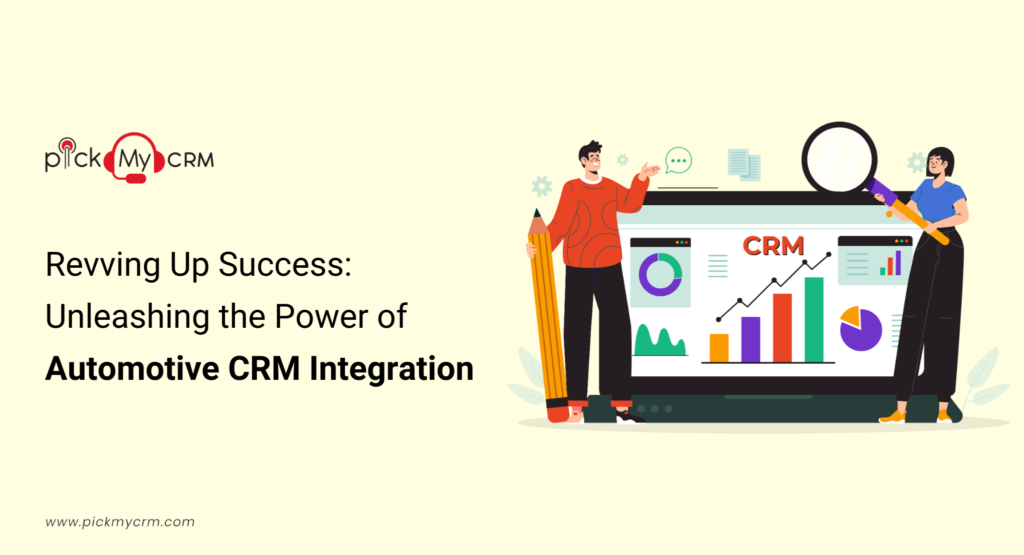Exploring the Roadmap of Success: Use Cases of Automotive CRM
Use Cases of Automotive CRM Systems
Automotive Customer Relationship Management (CRM) systems have proven to be versatile and indispensable tools within the automotive industry. They transform how manufacturers, dealerships, and service centers engage with customers, streamline operations, and propel growth. Let's explore some prominent use cases that highlight the impact of these systems,Personalized Marketing Campaigns
Automotive CRM systems enable businesses to gather and analyze customer data, helping them create highly targeted and personalized marketing campaigns. By understanding customer preferences, purchase history, and behavior, Businesses can send tailored promotions, offers, and recommendations that resonate with individual customers. It not only Amplifies engagement but also Drives up conversion rates and cultivates brand loyalty.Efficient Sales Processes
Sales teams benefit significantly from automotive CRM systems. These systems provide a centralized platform for managing leads, tracking interactions, and monitoring the progress of deals. Sales representatives can prioritize hot leads, allocate resources effectively, and provide timely follow-ups. This streamlined approach increases the efficiency of the sales process, resulting in more successful conversions.Exceptional Customer Service
Customer satisfaction is paramount in the automotive industry. Automotive CRM systems empower customer service teams with comprehensive insights into each customer's history, including vehicle purchases, service requests, and previous interactions. Armed with this Information, Agents can offer personalized and efficient support, anticipating customer needs and resolving issues promptly. Automated service reminders and maintenance alerts further enhance the customer service experience.Data-Driven Insights
Automotive CRM systems serve as data hubs, gathering and analyzing customer information to provide valuable insights. Businesses can Gain a deeper understanding of customer preferences, buying trends, and market demands. These insights guide data-driven decision-making, helping manufacturers and dealerships optimize inventory management, pricing strategies, and new product development.Building Long-Term Relationships
CRM systems play a vital role in nurturing long-term relationships with customers. Through automated follow-up communications, birthday greetings, and anniversary acknowledgments, businesses showcase continuous care and attentiveness. Satisfied customers are more likely to become brand advocates, providing positive reviews and referrals that expand the brand's reach.Streamlined Dealer Network Management
Navigating relationships and performance within vast dealer networks can be intricate for manufacturers. Automotive CRM systems offer a centralized platform for manufacturers to communicate with dealerships, share marketing materials, and monitor performance metrics. It fosters collaboration, aligns goals, and strengthens the overall dealer network.Predictive Maintenance and Service
CRM systems can automate predictive maintenance and service reminders based on a customer's vehicle usage and history. This proactive approach enhances the customer experience by ensuring their vehicles are well-maintained and reducing the likelihood of unexpected breakdowns.Loyalty Programs and Rewards
CRM systems facilitate the implementation of loyalty programs and rewards for repeat customers. Businesses can offer exclusive discounts, special offers, and personalized incentives to enhance customer loyalty and encourage repeat business.Social Media Integration
CRM systems can integrate with social media platforms, enabling businesses to monitor and engage with customers on these channels. This immediate interaction enables prompt replies to customer inquiries, complaints, and feedback, further elevating the customer relationship.Lead Nurturing and Conversion
Through the categorization of leads and the automation of nurturing procedures, CRM systems help businesses convert potential customers into buyers. Timely and relevant communication based on customer behavior and preferences increases the likelihood of successful conversions. In a rapidly evolving industry, automotive CRM systems are Catalysts for innovation, efficiency, and customer satisfaction. These use cases illustrate their pivotal role in reshaping the automotive landscape and driving sustainable success.Examples of Automotive CRM Use Cases
- Personalized Marketing Campaigns: Employing customer data to deliver precise promotions based on prior purchases, preferences, and behaviors.
- Efficient Sales Processes: Efficiently handling leads, supervising interactions, and automating lead scoring to optimize sales efficiency and boost conversion rates.
- Exceptional Customer Service: Providing tailored assistance by accessing comprehensive customer histories and automating service reminders.
- Insights Driven by Data: Analyzing customer data to forecast trends, optimize pricing strategies, and steer informed decision-making.
- Nurturing Long-Term Relationships: Engaging post-purchase customers through automated follow-ups, fostering brand loyalty, and generating referrals.
- Enhanced Dealer Network Management: Centralizing communication, sharing resources, and monitoring performance metrics across extensive dealer networks.




